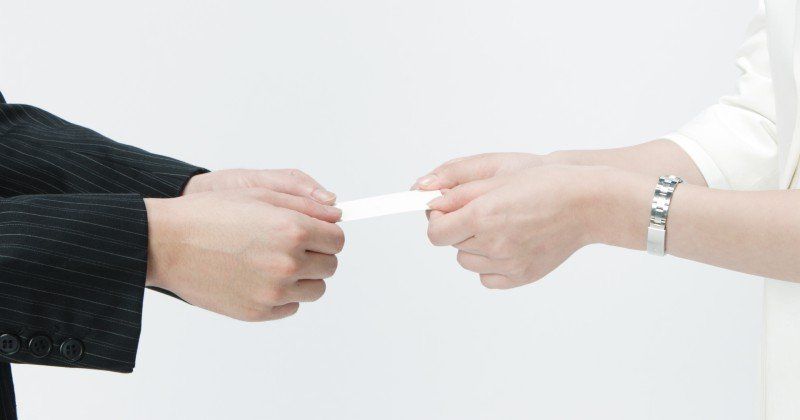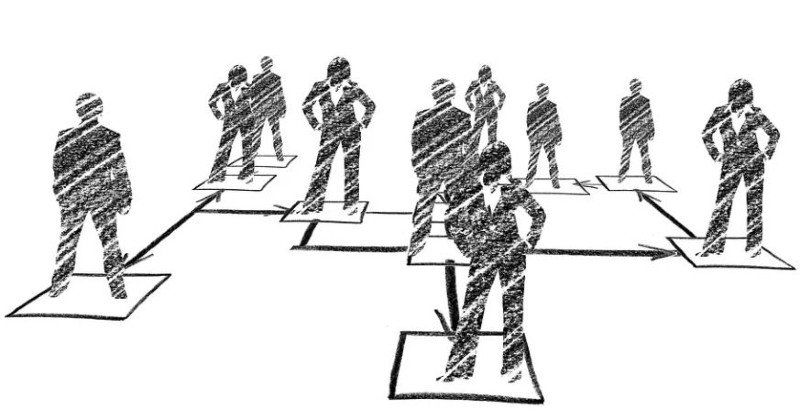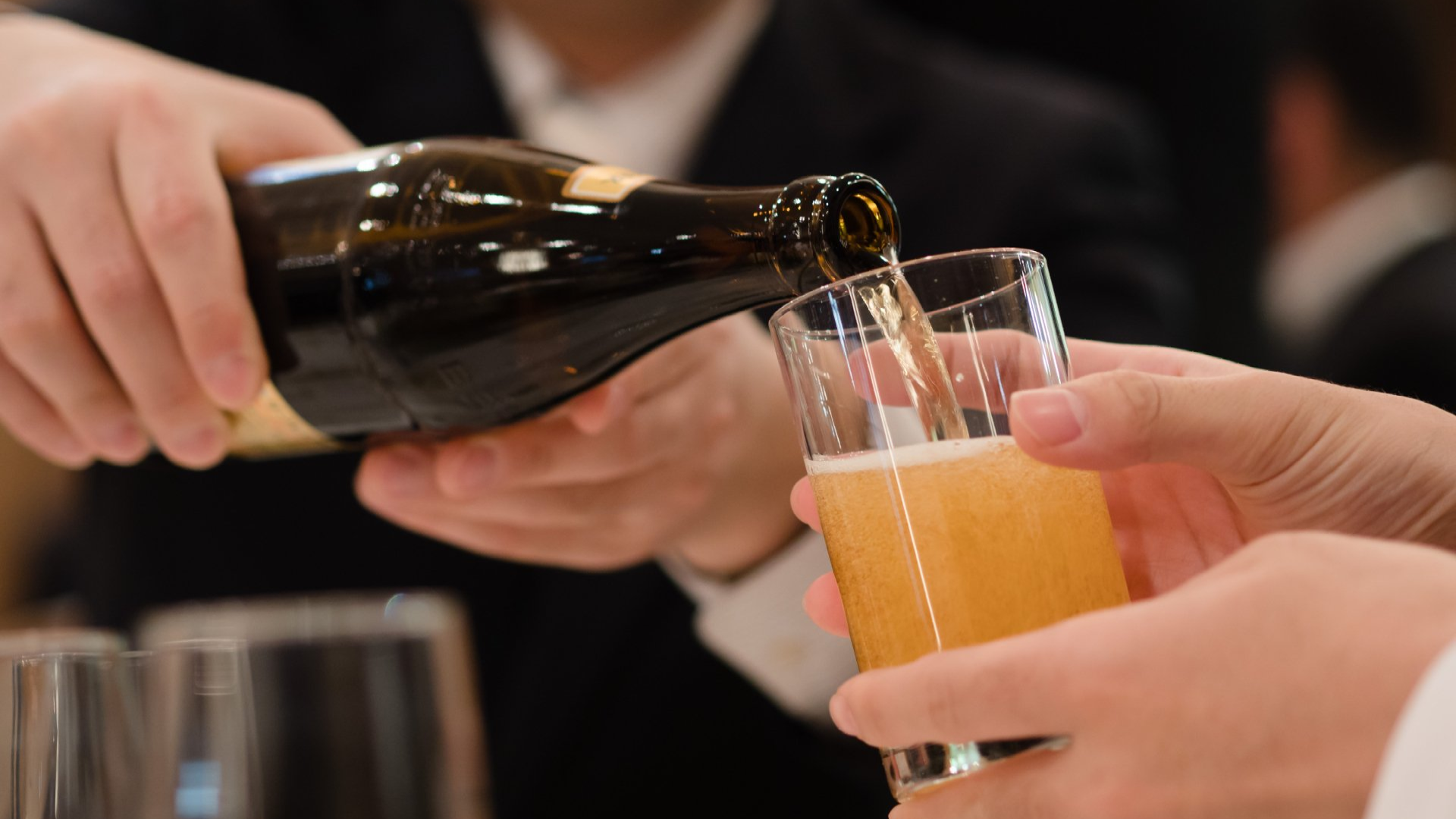Unwritten Rules in Japanese Business: Gestures and Mannerisms
Business Etiquette in Japan
In every culture, there are various untaught and unspoken rules that the people of that culture have adapted naturally. This is the case with Japanese Business etiquette, where not knowing these rules can cost your business or even your reputation. And while, in general, Japanese people tend to be forgiving and understanding of cultural faux pas, being aware of unwritten rules can give you a leg up in a business encounter.
Perhaps being blindly placed into the Japanese business scene can be confusing and frustrating, but I am here to tell you about the unspoken rules involving gesture and mannerisms you should know and practice.
Greetings
Unlike a lot of other social interactions in the west, Japanese people like to keep their interactions very minimal and respectable, relying on small cues to show understanding. Try avoiding shaking your peers’ hands when greeting them. Instead, bow. This does not have to be exaggerated, but you will have to lower your head to the point in which your looking towards the floor.
You should also bow when saying thank you, or when someone is leaving to show them gratitude for coming.


Small nods to show understanding
Interrupting others during a meeting can be seen as disrespectful almost any where you go. However, in Japan, being vocal about the fact that you are understanding and acknowledging what the speaker is saying can also be deemed disrespectful in a sense.
So how do you show that you are listening to the speaker?
Well, it can be done with simple nods of the head. Vocal queues to show understanding are not necessary, instead slight nodding can show that you are listening, and even if you don't understand or agree, it is a great way to show respect to the speaker.
3 times is the charm
When entering a meeting, and the conference room doors are closed, it's not a good idea to barge in unannounced. Instead, knock 3 times before entering the room. Open the door slightly, and peak your head in, state who you represent and your name.
This should be done even if they are expecting you. If they tell you to come in, bow and say hello. This is a key way of making sure that you are not viewed as disrespectful.
Keep your head down
If you and the company that you represent are hosting the meeting, is it essential for you to walk your guests out to the elevator. But it does not end there. Once they get on the elevator, say your formal goodbye’s and bow. When you bow, hold this position until the elevator doors are closed. Remain there until the doors close. And try to hold your bow until they are out of sight.
These are great tips to keep in mind while you conduct business in Japan to ensure you don’t rub your business partners the wrong way or be disrespectful, because in Japan respect and doing the small things goes a long way.
Browse by Topic













